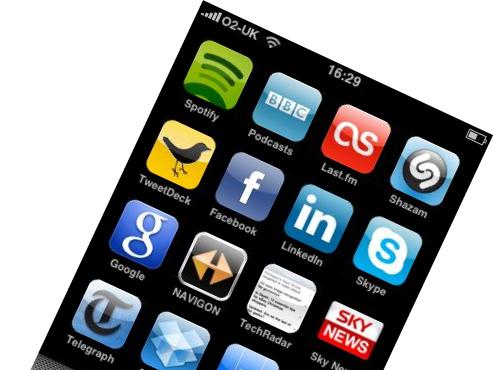
2009 has been one of the trickiest years in Apple's recent history - lawsuits to the left and right, Steve Jobs' enforced hiatus and rumbling of discontent over the App Store and much, much more.
We're going to put forward the evidence for the prosecution and defence in TechRadar's kangaroo court.
Is Apple guilty of losing the plot? These arguments for the prosecution and defence can help you decide.
1. Mac clones
The prosecution
Apple is currently embroiled in a bitter courtroom battle with Psystar - a Mac clone maker which argues that the Mac operating system should be set free to run on any platform - and that anyone should be able to make a Mac, not just Apple.

PSYSTAR: When is a Mac not a Mac?
Sign up for breaking news, reviews, opinion, top tech deals, and more.
A free and fair market for Mac clones would deliver better value for money for consumers, and would make the Mac software available on a wider variety of computers – addressing demand among some PC users for a high quality, low cost alternative to Windows.
Apple would also benefit from opening up the Mac platform to third-parties. It would be able to grow market share for the Mac, it would spur innovation and competitiveness and would satisfy demand for cheap Macintosh computers, leaving Apple to retain its status as a premium computer maker.
The defence
Apple is not now, and never has been, a software company – it's a hardware company.
The software it makes, good as it is, is really a means to an end. Customers get hooked on the user experience and so buy the hardware – Mac, iPhone, iPod and so on.
In doing that Apple has been able to carve out a small, but growing niche for itself as a premium computer and consumer electronics maker. And it's very happy to keep on doing so. The last time it licensed Mac clones in the mid-1990s, it proved disastrous for the company – it leeched hardware sales away to lower cost rivals and was one of the reasons Apple nearly went to the wall.
If Psystar wins, it could well be the beginning of the end for Apple as a hardware company and everything than follows from that. Hardware companies like Dell may have expressed interest in Mac OS X in the past, but Apple's vertically integrated business model works very well – it doesn't have to support a bewildering variety of third-party and legacy hardware like Microsoft does.
It can deliver a complete platform where every component (hardware and software) has been designed to work well together. If you don't like it, don't buy a Mac. There are plenty of other PC makers out there.
2. The App Store
The prosecution
It's a mess. Apple appears to be making policy on the hoof, approving some apps, while denying others - the current row over Google Voice being a case in point. All of this would be avoidable if Apple stopped insisting on being a monopolistic gatekeeper and enabled anyone to develop software for the iPhone and iPod touch - and then let them sell those apps on the open market.
Instead, Apple insists on taking 30 per cent of anything developers make, and coming up with an arcane approvals process only it understands.
Apple uses open source when it suits its own business practices, but denies access to those who want to do the same. Result? A thriving hacking community that Apple has to play a pointless game of cat-and-mouse with.
The structure of the App Store also makes it difficult for developers to get their apps under customers' noses - many simply vanish without a trace unless you know to ask for it by name using the Search option.
The defence
Some of the arguments presented by the prosecution are fair, but let's look at it another way. From the moment the iPhone was launched in January 2007, Apple CEO Steve Jobs argued that the iPhone should be a 'closed' platform, chiefly so users wouldn't have to put up with badly programmed apps that stopped their phones from working properly.
Since then Apple has made several concessions to developer and consumer demand - first by opening up the iPhone to third-party web apps, and then by enabling developers that could be developed for the iPhone under a strict approvals process that tries to ensure standards, while delivering a good user experience.

ALL GO: Spotify is one of many third-party apps that Apple has approved for the iPhone
Apple didn't have to do this. The overwhelming success of the iPhone – and the enthusiasm of developers and customers for it has inevitably caused some problems, but Apple is learning fast.
Last week it approved 1,400 apps for use on the iPhone in a single day, and it has granted approval to apps that compete, in some cases, with its own business offerings.
This way of working has been so successful, it's already been copied by RIM with its BlackBerry store, Palm and Microsoft. Google's business model for Android is different. If you don't like the way Apple works, don't complain about it – go get a Google phone instead.